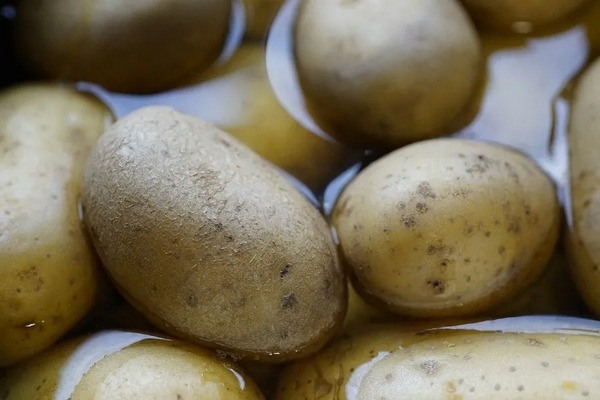In a collaborative effort between Potatoes New Zealand and Otago University, a webinar was conducted, shedding light on the advancement of potato breeding techniques in New Zealand. Dr. Rowan Herridge, a Research Fellow at the University of Otago, detailed his work on accelerating genetic gains in potatoes through new breeding techniques (NBTs). These techniques are essential for overcoming the genetic complexity of tetraploid potatoes, possessing four sets of chromosomes.

Dr. Herridge outlined the traditional breeding process, which involves crossing varieties and conducting field trials to identify superior offspring. He also discussed the role of traditional transgenics, such as the Innate potato developed in the U.S., and gene editing technologies like CRISPR, which allow for precise DNA edits. The focus, however, was on NBTs that use temporary genetic modifications to expedite breeding, producing "null segregants" with enhanced genetics but no transgenes.
The webinar introduced the concept of F1 hybrid breeding for potatoes, a method that could offer hybrid vigor and genetic uniformity, utilizing the "ChOW" technology developed at Otago University. This technology facilitates both inbreeding and outcrossing, producing F1 hybrid seeds without transgenes.
For New Zealand growers, these advancements could lead to improved disease resistance and genetic gain, addressing concerns such as common scab. Despite potential challenges, the collaborative work between Otago University, international companies, and ongoing research promises a shift towards more sustainable and efficient potato cultivation in New Zealand.
The session concluded with Dr. Herridge engaging in a Q&A, discussing the availability of diploid potato varieties and the steps toward adopting these new techniques in New Zealand's potato industry.
Source: Potato News Today
